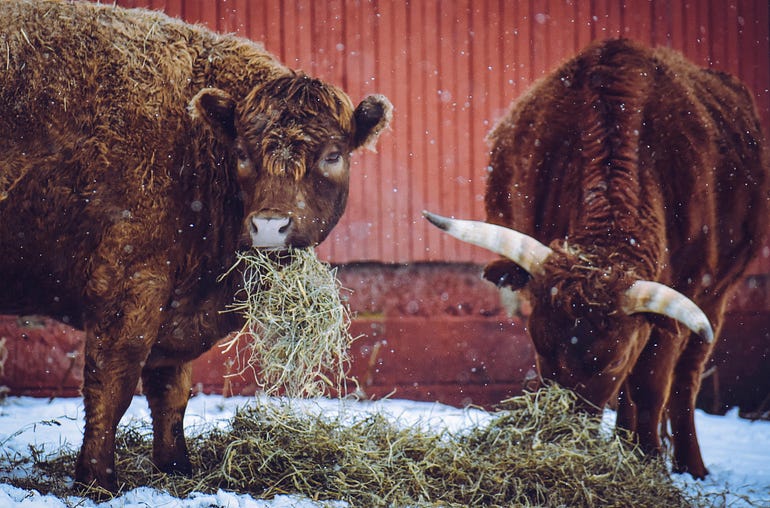Navigating the Landscape of : Opportunities and Innovations
India’s agricultural sector, as one of the largest and most diverse in the world, supports a significant portion of the population both directly and indirectly. A critical component of this sector is animal husbandry, which relies heavily on the production of high-quality feed. The role of feed companies in India is therefore not only pivotal but also expanding in scope as they adapt to new technologies and market demands. This exploration delves into the current landscape, challenges, and opportunities that shape the feed industry in India.

The Backbone of India’s Animal Husbandry
Feed companies in India are integral to the agricultural framework, supplying essential products for a variety of animals including poultry, cattle, fish, and swine. The demand for feed is propelled by the burgeoning meat consumption and the rising need for dairy products among India’s growing middle class. This has led to an increase in both the scale and sophistication of feed production.
Major Players and Regional Dynamics
Several major players dominate the feed industry in India, each with a significant share of the market. Companies like Godrej Agrovet, Cargill India, and Amrit Feeds have extensive distribution networks and wide product ranges. These companies not only supply feed but also provide solutions for animal health, breeding, and growth maximizers.
Regionally, the industry sees varied dynamics. The northern and southern parts of India show higher demand due to their more intensive animal husbandry practices. However, the western and eastern parts are catching up, driven by government initiatives aimed at boosting local agriculture.
Technological Integration and Innovation
Technological advancements have revolutionized many aspects of the feed industry. From the formulation of nutrient-rich feed to the logistics of distribution, technology plays a crucial role. Many companies are investing in research and development to produce feeds that improve the health and productivity of animals. This includes the use of enzymes, probiotics, and other additives that enhance nutritional uptake and digestion.
Moreover, digital tools and data analytics are being employed to optimize feed composition and to track animal health and growth patterns. This not only improves the efficiency of feed use but also helps in minimizing waste, thus contributing to environmental sustainability.
Sustainability and Challenges
Sustainability is becoming a key concern in the Feed Companies in India. With issues like deforestation for soybean production and overuse of marine resources for fishmeal, companies are increasingly looking at alternative ingredients. Innovations such as the use of insect protein, algae, and byproducts from the food and beverage industry are gaining traction.
.jpg)
Comments
Post a Comment